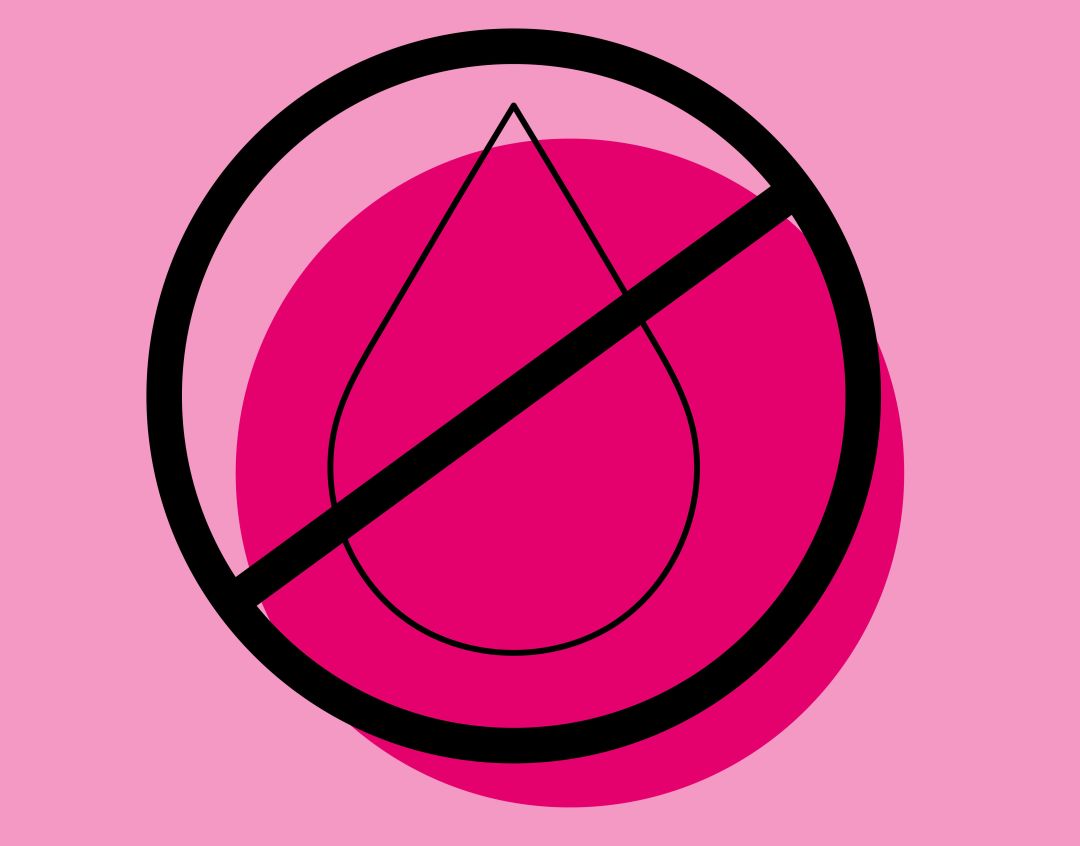Are Nonfat Foods Healthier for You?

Image: Kari Perrin
The war on fat is raging in the diet industry, but why? It has already been proven that healthy sources of fat are an essential part of the human diet. However, foods are still labeled as nonfat, reduced-fat or low-fat. Are these products healthier for you? Or are some fats in moderation OK? Sarasota nutritionists Gina Nuzzo from Eating in Moderation and Nora Clemens from Nutrition & Wellness Solutions help us clear the air.
"For the average public, eating fat in moderation is fine," says Clemens. "If you are trying to lose weight or have medical issues where eating too much fat is harmful, look for low-fat food sources."
"For children over the age of 2 and adults, finding 1 or 2 percent milk, for instance, is the healthier choice," says Nuzzo. She says eating yogurt with 1 or 2 percent milk is a healthy option in moderation. "Just make sure these products are not compensating with sugar."
What are the most common foods advertised as nonfat? Nuzzo says yogurts, milks, cheese and snack foods like crackers and chips are the most common. She tells her clients to look for foods with no more than eight grams of sugar and find food with no more than 10 ingredients. Clemens adds that granola bars, salad dressings, peanut butter and margarine are also advertised as non- or low-fat. She warns clients against these options, which contain additives such as guar or carageenan gum.
"Nut milks are the most common products with guar and carageenan gum," says Clemens. "These items tend to be lower in fat, but added with gums to preserve the texture and flavor. However, they are not the best for you." Guar gum can block the absorption of healthy dietary fat and can mimic the feeling of being full.
To help determine which nonfat foods have harmful additives, Clemens recommends an app called Fooducate. Anyone can scan the nutrition labels and ingredient lists of products and it will give information on the pros and cons of each item.
If you are going to eat products that have fat, which ones are the bad ones?
"Avoid anything that has trans fats or partially hydrogenated soybean oil," says Nuzzo. "These fats clog your arteries and are not easy for your body to digest." Fortunately, not many foods are made with trans fats anymore. When thinking about saturated verses unsaturated fats, Nuzzo says the key is moderation.
"Having one tablespoon of butter or coconut oil with saturated fats is not going to clog you up," says Nuzzo. "The problem is if you are over-consuming."
What fats are healthy for you?
"There is a hierarchy of fats that are good for you," says Clemens. "Polyunsaturated fat, unsaturated fat and monounsaturated fats are all good." Examples would be olive oil, nut and seed butters, and fatty fish like salmon, herring, sardines and mackerel, which are high in Omega-3 fatty acids.
Nuzzo includes flax seeds, grass-fed beef and avocados in her healthy list. Avocados, in particular, have been linking to improved brain health.
What are the benefits of healthy fats?
"Healthy fats support your heart, nervous system and make up practically every cell wall in your body," says Clemens. "They also regulate hormone production, and help grow healthy hair and nails and aid in proper digestion." Monounsatured and polyunsatured fats can also reduce inflammation in the body, easing symptoms of illnesses like rheumatoid arthritis. Mental clarity and improved cognition are also benefits of healthy fats, supporting those suffering from mental illness or neurological disorders like Alzheimer's.
Clemens says that healthy fats can also help you digest and reap the benefits of fat-soluble vitamins, such as A, K, E and D. If, for example, you drizzle olive oil on top of roasted vegetables or a salad, the essential vitamins in the vegetables are given a fat carrier to help your body break them down.
So, is the war on fat necessary? Against artery-clogging trans fats, yes. But against 2 percent yogurt and milk? Think again.



